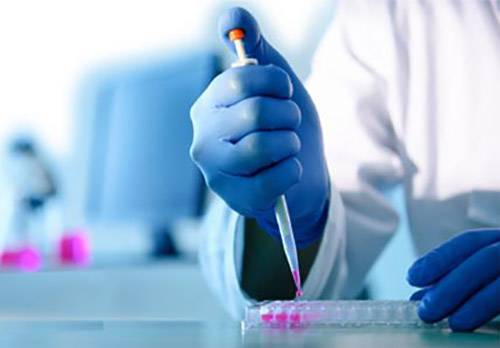Laying a strong foundation is the first and most important step in any learning process. If you are a medical aspirant, then studying basic science is the crucial first step in your medical curriculum. Basic science introduces you to the world of the human body and its functions, providing you with a framework of the necessary knowledge.
Basic science medicine is an integral part of the curriculum providing vital knowledge on which clinical science and residency programs are built. An understanding of the human body and associated diseases helps the students in their medical careers forward.
If you are looking forward to joining a medical school, here is a brief description of the basic science courses offered in the medical curriculum.
Basic Sciences of Medicine
The basic science courses usually span five semesters in the medical curriculum. During this period, you are introduced to the human body mechanics, diseases and ethical skills followed by an introduction to clinical medicine as a preparation for the next stage. Take a look at some of the important sections covered during the five semesters.
- Human Body and Functions
You will be taught the structure and functioning of various organs followed by regional dissections of cadavers. The course equips you with basic knowledge of the human body, its functions, anatomy of organs, functioning of cells, tissues etc.
- Metabolism and Genetics
A study of various constituents of human body nutrition such as carbohydrates, proteins, lipids, vitamins, enzymes etc. is undertaken to understand the metabolic processes. As the field of genetics is growing every day, a basic understanding of human genetics and development helps the students to get updated with the latest developments in the field.
- Infection and Defence
This section teaches you about various microorganisms that are the main cause of spreading diseases and infections. The diagnosis and treatment of infectious diseases and the working of the human immune system are covered here.
- Neuroscience
In this module, you will be introduced to the world of modern equipment used in the detection of neurological disorders such as CT, MRI etc. A detailed study of the human brain and spinal cord will be conducted to inform the students about neurological diseases and their diagnosis and treatment.
- Systems and Diseases
Perhaps, the most important module of all, systems and diseases introduce you to the complex structures of the human body and various diseases associated with it. You will understand the connection between various organs and systems enabling you to diagnose the disease easily.
- Clinical Skills
This section is more of a practical session helping you to develop your clinical skills such as physical examination of patients and diagnosis of diseases. It is a forerunner to the second part of your medical curriculum i.e. clinical medicine.
- Medical Ethics
Medical ethics introduces you to the legal and ethical aspects of medicine. As a medical professional, you will face scenarios where ethical decisions should be taken. This module prepares you to address such situations without dilemma.
A thorough understanding of basic sciences will guide you in your journey to becoming a successful physician.
